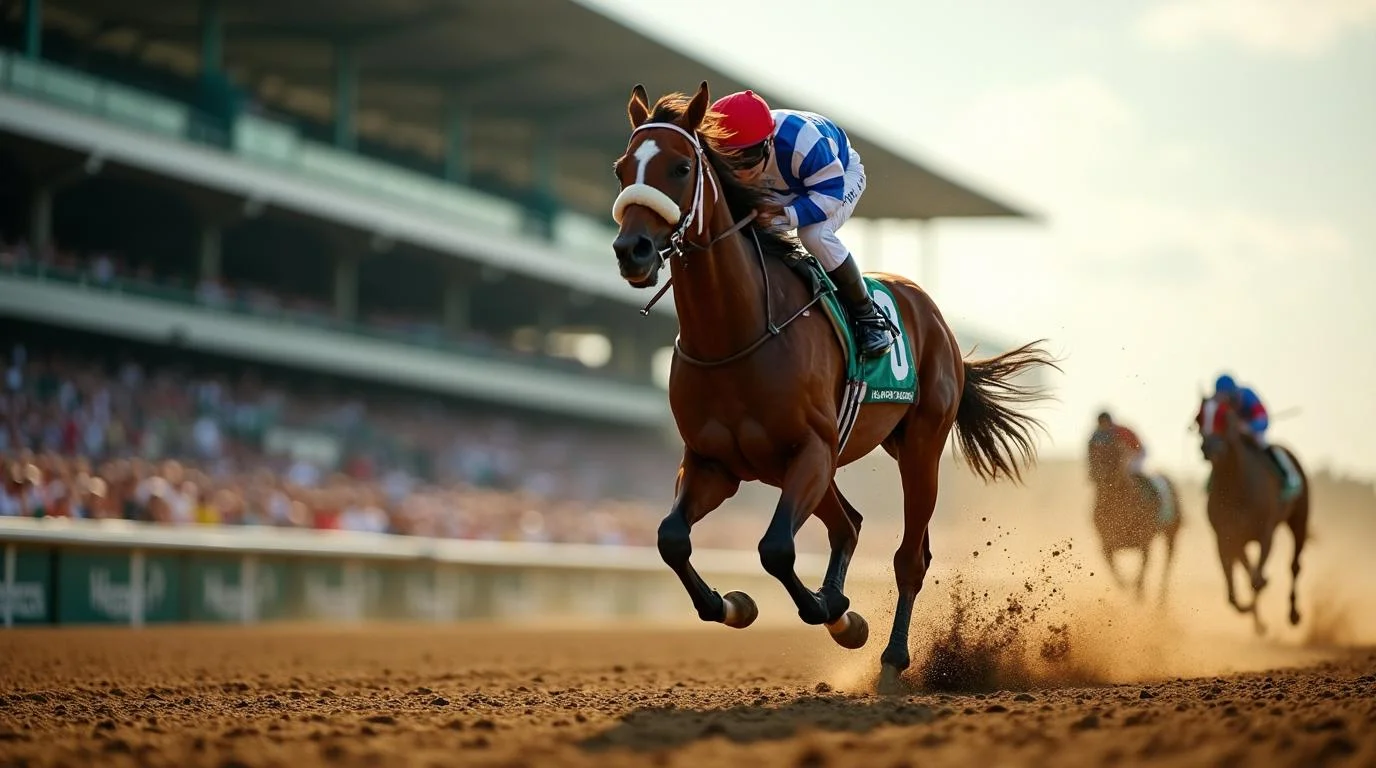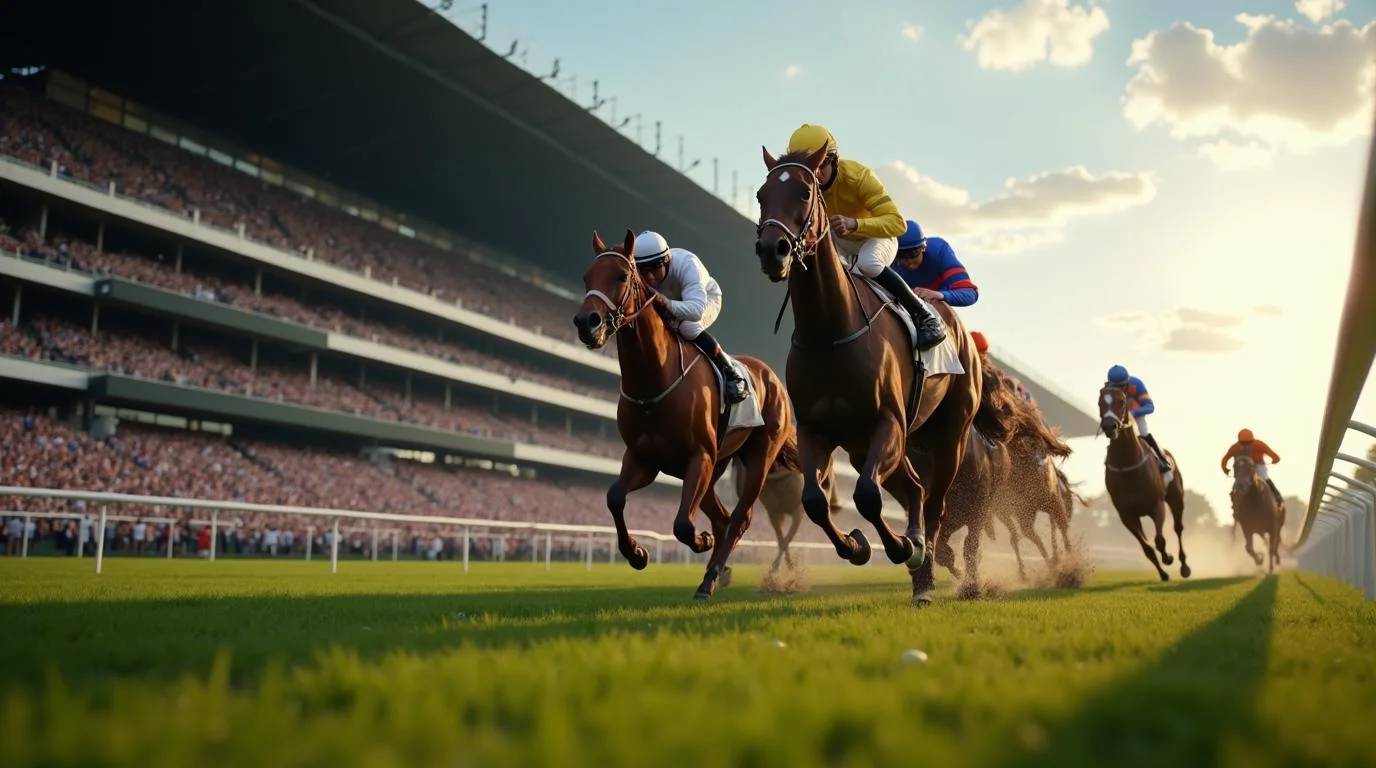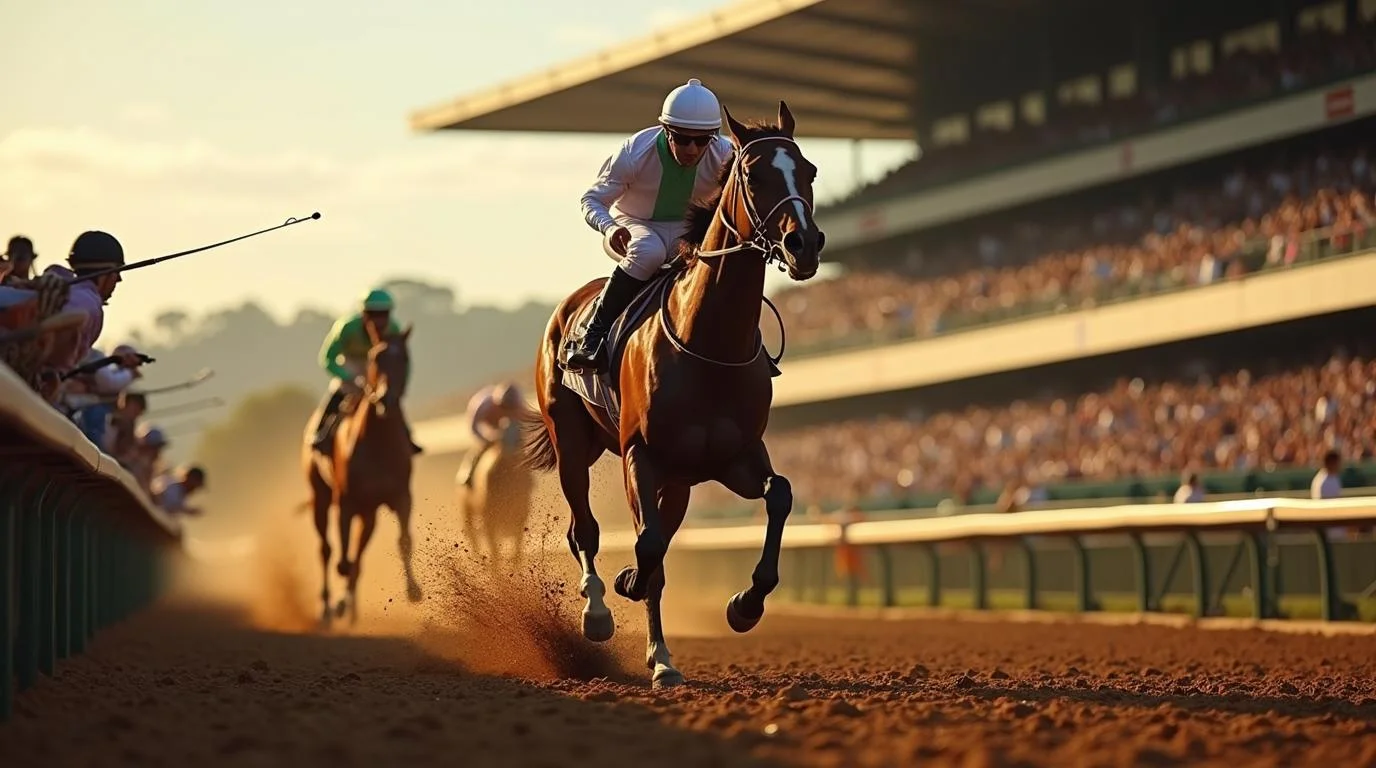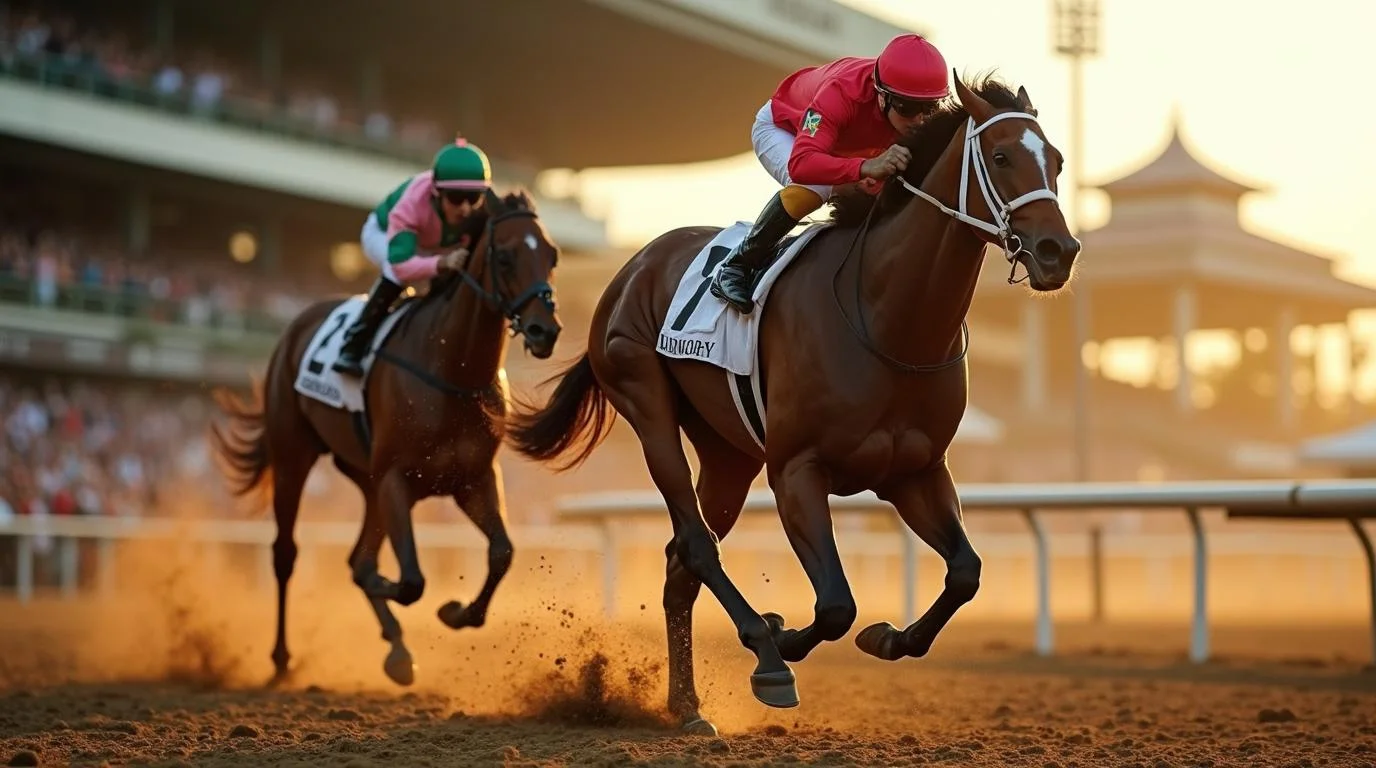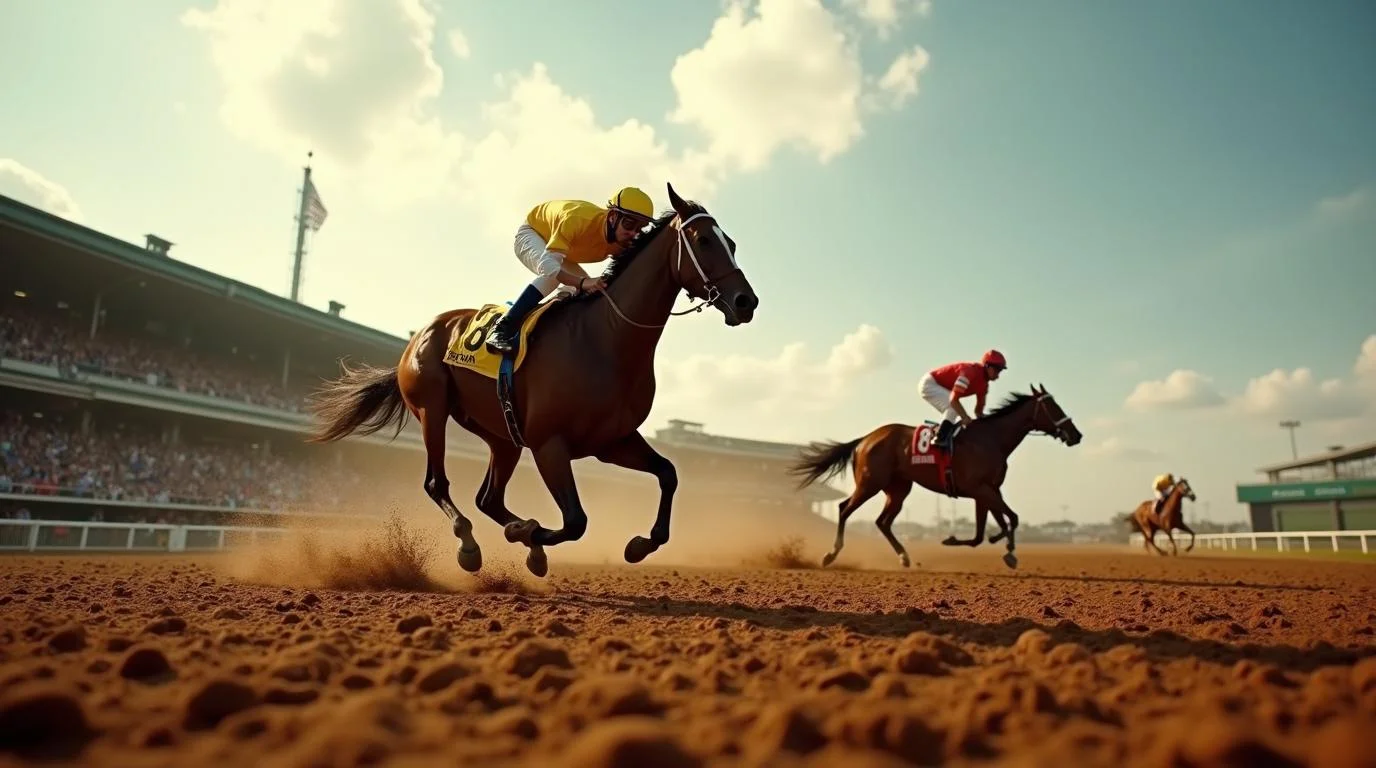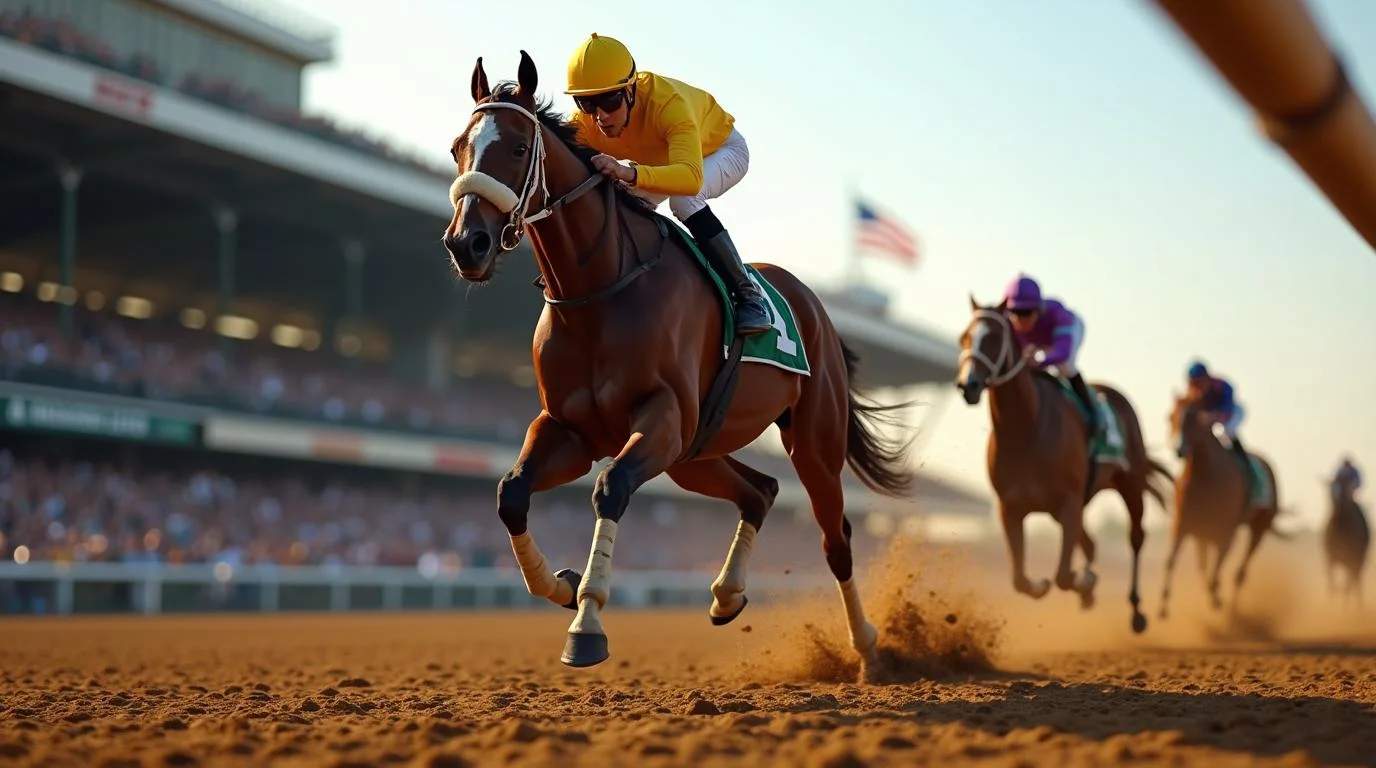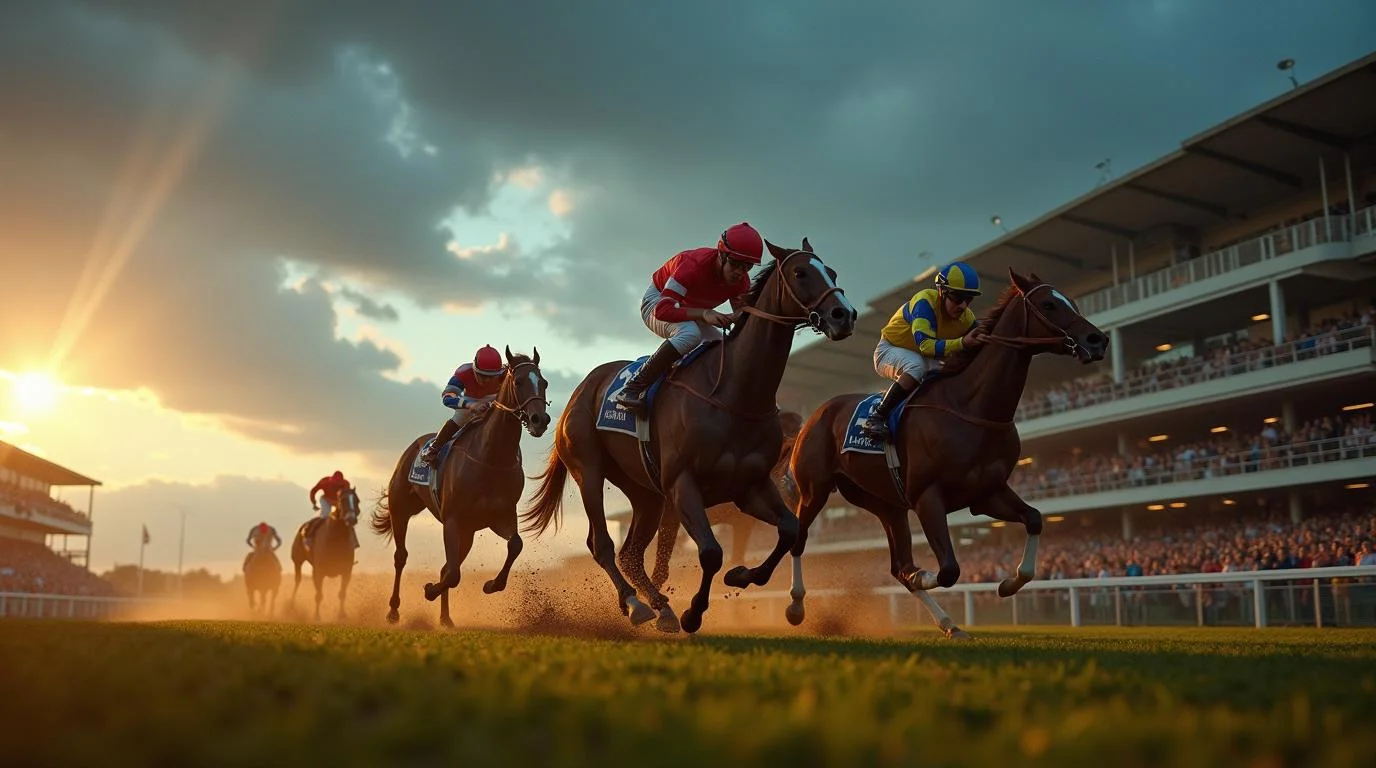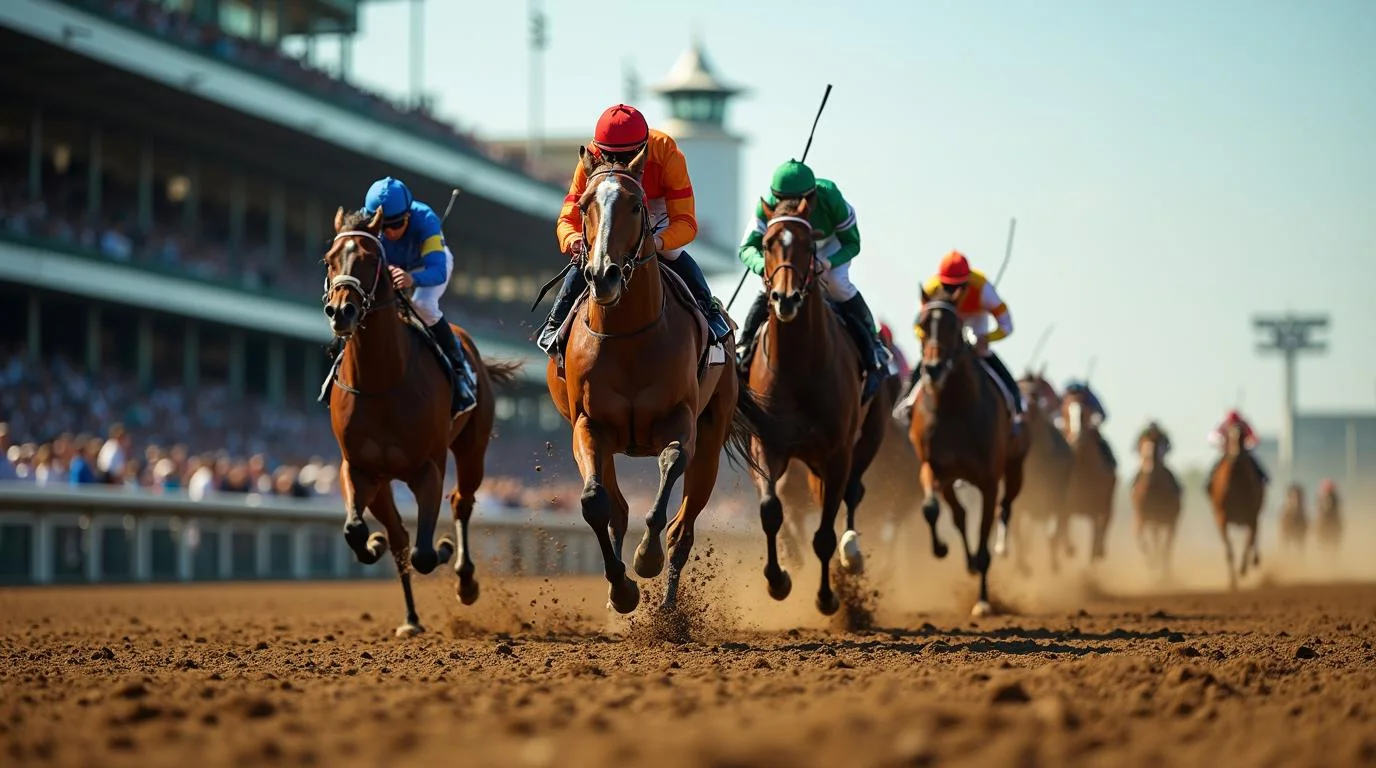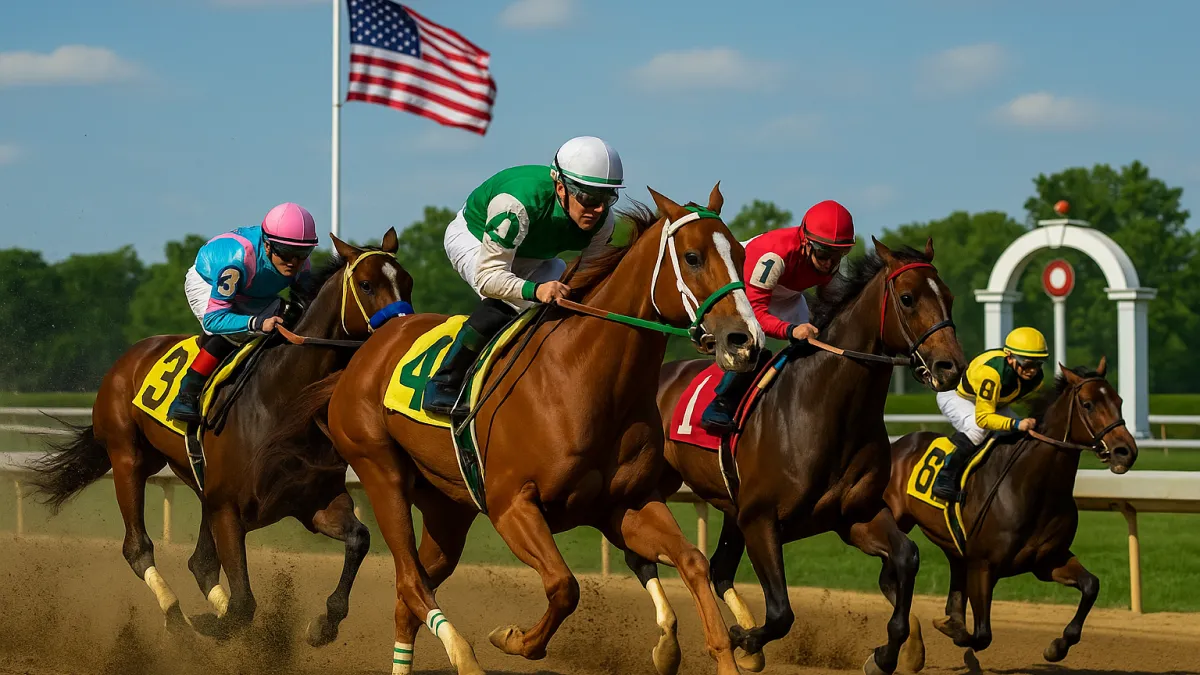Hong Kong Jockey Club's 2024 Race to the Finish

1.0
Default
July 29, 2024 – The last race of the season took place at Hong Kong's Sha Tin Racecourse on July 14, drawing hundreds of bettors, most of them middle-aged males. Massive horse bettors and enthusiasts showed up to bet, studied racing forms and odds, hurried to the stands as horses bolted from the gate.
Emotions were running high when they came back into the air-conditioned hall after each race. Over 30,000 individuals attended the event, with a record 6,373 viewers traveling from mainland China, where it is prohibited to gamble on horse races.
An 81-year-old participant by the name of Wu had to share “I've been betting on horses for more than 50 years and I always come for day races," said an 81-year-old who gave his name only as Wu.”
Macau Jockey Club’s Closing
Hong Kong's vibrant scene stands in stark contrast to that of Macao and Singapore. The Macau Jockey Club closed in April owing to financial problems; in 2023, it drew only 29,000 spectators.
The waterfront location is slated for a new use by the government. October will see the closure of Singapore's Turf Club when the government takes back the racecourse site, which is being used for housing and other purposes due to competition from the city's two casinos.
While they do not intend to target the HKJC's land, Hong Kong authorities are fighting to use a portion of the Hong Kong Golf Club site for public housing. In contrast to its counterparts in Macao and Singapore, the HKJC is expected to prosper because of its targeted philanthropic expenditure, varied funding streams, and alignment with governmental agendas. Being the largest taxpayer in the city and providing funds for public services like housing, healthcare, and education guarantees government support for its growth.
Government Influence Spreads Across the Jockey Club
Although the Hong Kong Jockey Club (HKJC) is a private nonprofit, government officials have significant influence. Among the club's 189 voting members, 33 are current or former officials, including Financial Secretary Paul Chan.
The board is led by Michael Lee, with two former government ministers. Some, like Regina Ip, see a conflict of interest in these links. However, HKJC CEO Winfried Engelbrecht-Bresges described the relationship as "symbiotic and collaborative" in an interview with Nikkei Asia.
"The position and status of the HKJC depends on its plans to cooperate with the Hong Kong and Chinese governments to expand its reach and power in contemporary and future Hong Kong and China," wrote Leiden University lecturer Pui Chi Lai, in a paper published in 2023.
The University of Hong Kong's John Bacon-Shone, an honorary professor of social science, stated that the club deliberately enlists senior civil officers who are about to retire. "So the government is comfortable with the strategies of the Jockey Club [and] how they are spending their charitable money," Bacon-Shone states.
According to the government budget plan, the city anticipates receiving HK$28.6 billion in betting taxes from the HKJC overall this fiscal year, which is equal to one-third of anticipated collections from personal income taxes. For the year ending in June 2023, the club itself paid HK$542 million in income tax. The HKJC's reaction to opinions such as Ho's extends beyond suggesting that increased taxation will force gaming underground.










